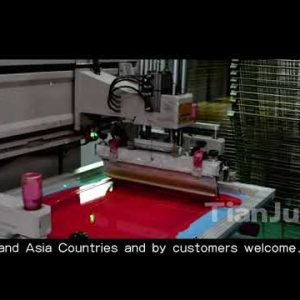rfid
September 11, 2025
rfid proposal! rfid official support.GOV,rfid active! <h1>RFID Technology: Revolutionizing Modern rfid in pharmaceutical industry</h1>

<h2>Introduction to RFID</h2>
RFID, or Radio Frequency Identification, is a transformative technology that uses electromagnetic fields to automatically identify and track tags attached to objects. These tags contain electronically stored information, which can be read from several meters away without requiring a direct line of sight. The core components of an RFID system include tags, readers, and a backend database. RFID technology has evolved significantly since its inception, finding applications across various sectors due to its efficiency, accuracy, and scalability.

<h2>How RFID Works</h2>
<h3>Basic Principles</h3>
RFID systems operate by transmitting data between a tag and a reader via radio waves. The reader emits a signal that activates the tag, which then responds by sending back its stored data. This process enables quick and contactless identification, making RFID superior to traditional barcode systems in many scenarios. There are two main types of RFID tags: passive and active. Passive tags rely on the reader's signal for power and are cost-effective for short-range applications, while active tags have their own power source, allowing for longer read ranges and more complex functionalities.
<h3>Components of an RFID System</h3>
An RFID system consists of three primary elements: tags, readers, and software. Tags are embedded with microchips and antennas to store and transmit data. Readers, which can be fixed or handheld, communicate with the tags and relay information to a central system. The software processes this data, integrating it with existing management systems for real-time tracking and analysis. This seamless integration is key to the effectiveness of RFID technology in optimizing operations.

<h2>Applications of RFID</h2>

<h3>Supply Chain and Logistics</h3>
In supply chain management, RFID enhances visibility and efficiency by enabling real-time tracking of goods from manufacturing to delivery. Companies use RFID to monitor inventory levels, reduce theft, and streamline shipping processes. For instance, in warehouses, RFID tags on pallets and items allow for automated inventory counts, minimiz The Use of RFID for Human Identity Verification
Phone: +86 19925232774
Hours: Mon-Fri 9:00AM - 6:30PM